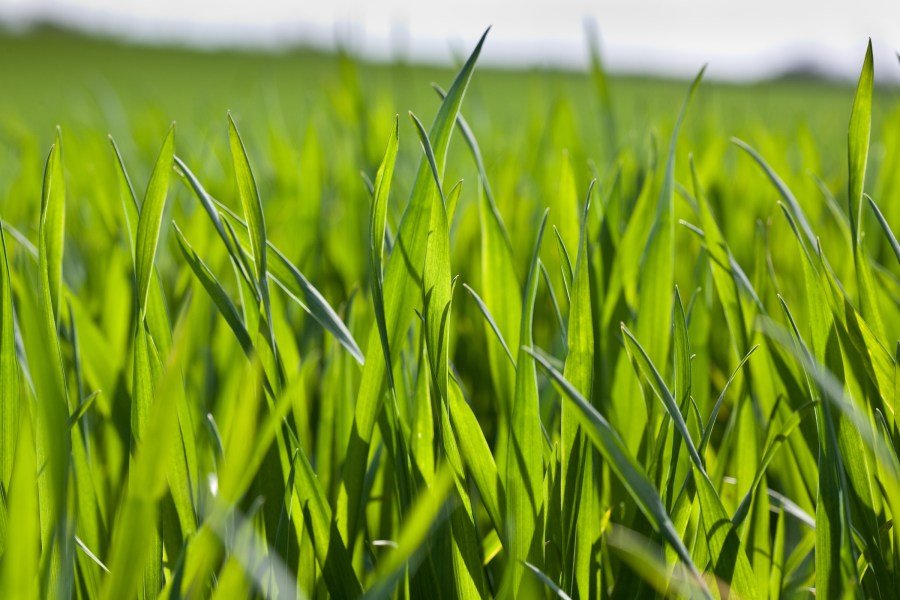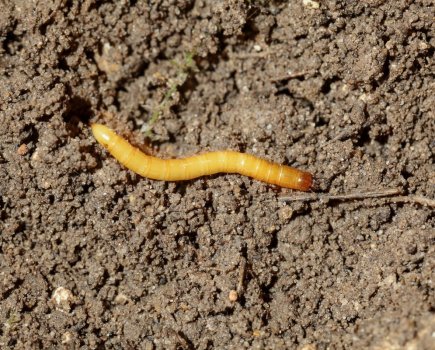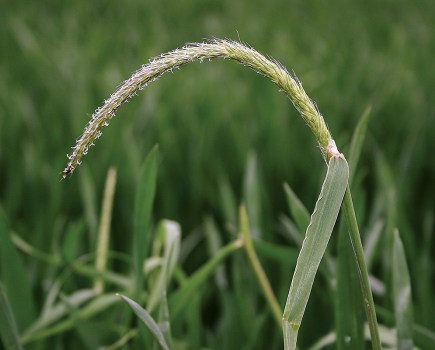Scientists have identified a method to improve crop growth, through boosting an enzyme present during photosynthesis.
The study, led by researchers from University of Liverpool, centres around optimising Rubisco – an enzyme that converts CO2 into energy. Usually, this is inefficient and limits photosynthesis, but according to the study, a catalytically faster Rubisco can be taken from bacteria.
This improves the Rubisco’s stability and ability to convert CO2 into energy, further supporting plant growth.
Professor Luning Liu led the team behind the development. “We’re extremely excited with this breakthrough. Overall, our findings provide proof-of-concept for a route to improving crop development and production that can withstand changing climates and meet the growing food requirements of the world’s expanding population,” he says.
Climate change battle
Photosynthesis is the process by which plants use atmospheric CO2 to create nutrients, which are crucial for growth and the global ecosystem. According to the researchers, the changes to the enzyme may also increase a plant’s ability to absorb CO2, helping to support the global effort to address climate change.
The study follows the team’s recent attempt to engineer the faster Rubisco from bacteria to support plant growth. This research paper can be read here.




